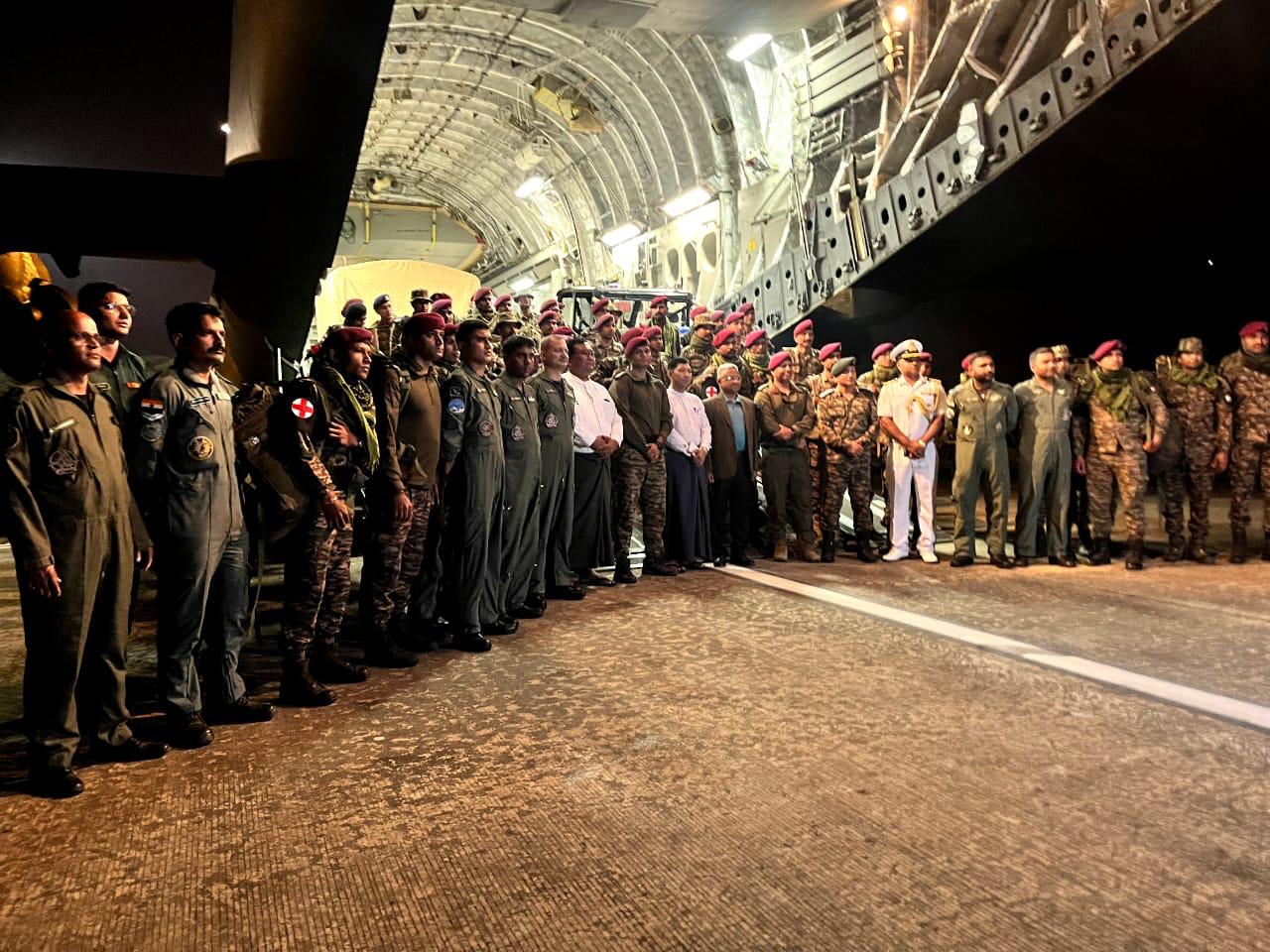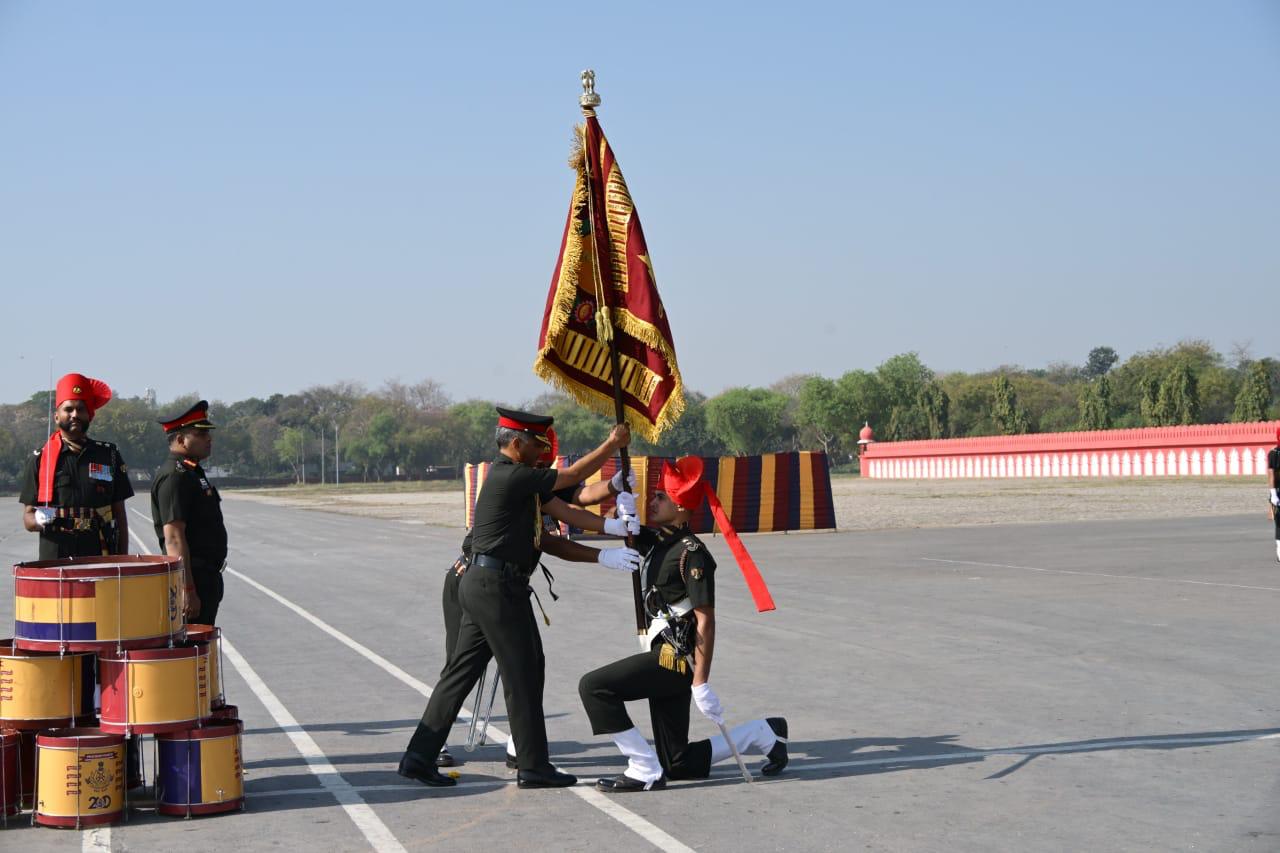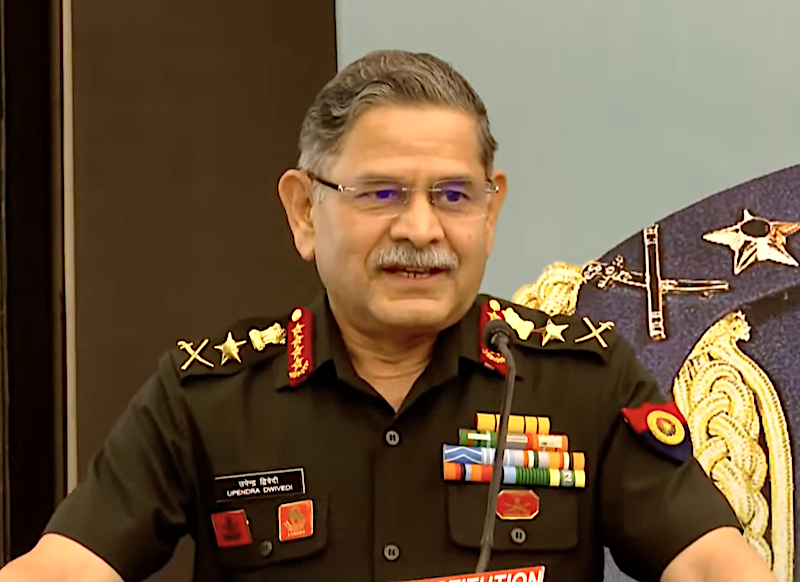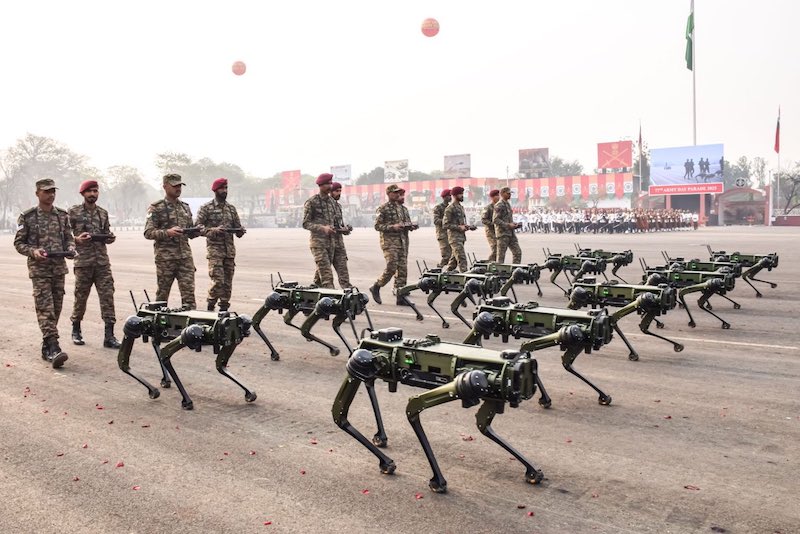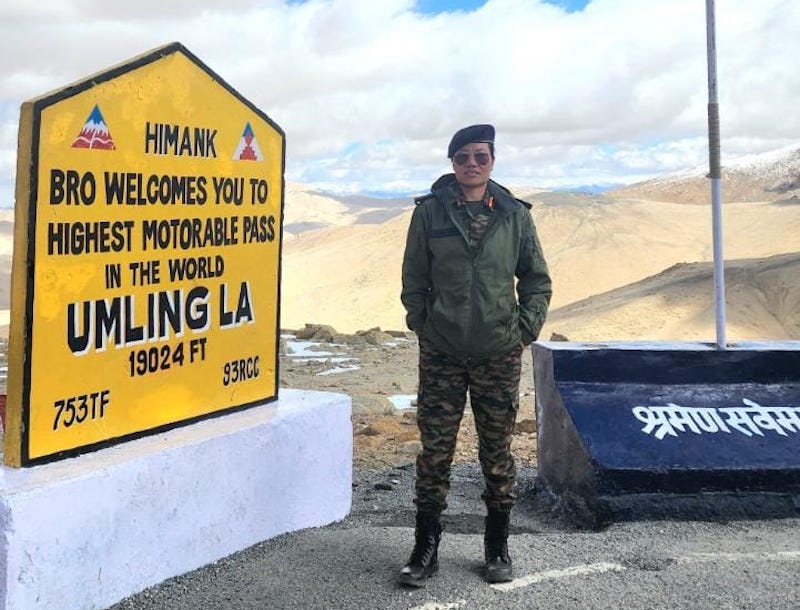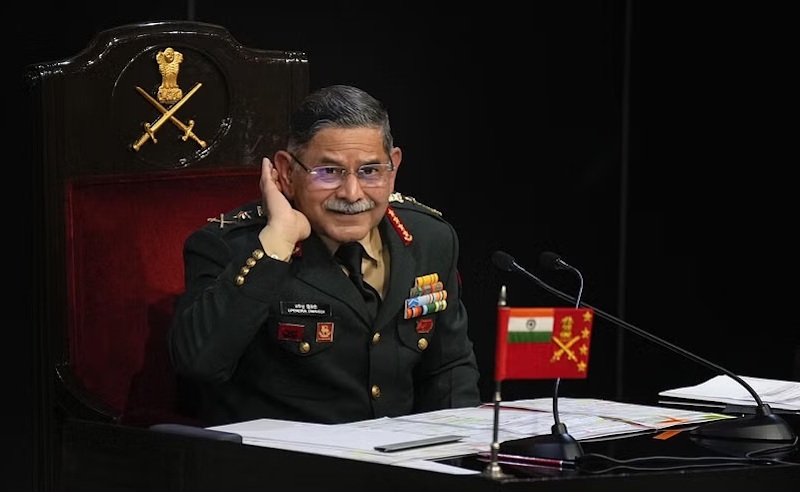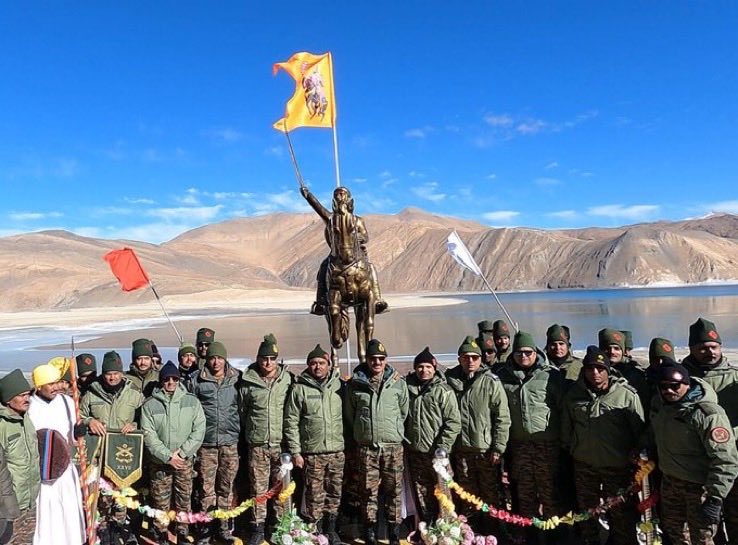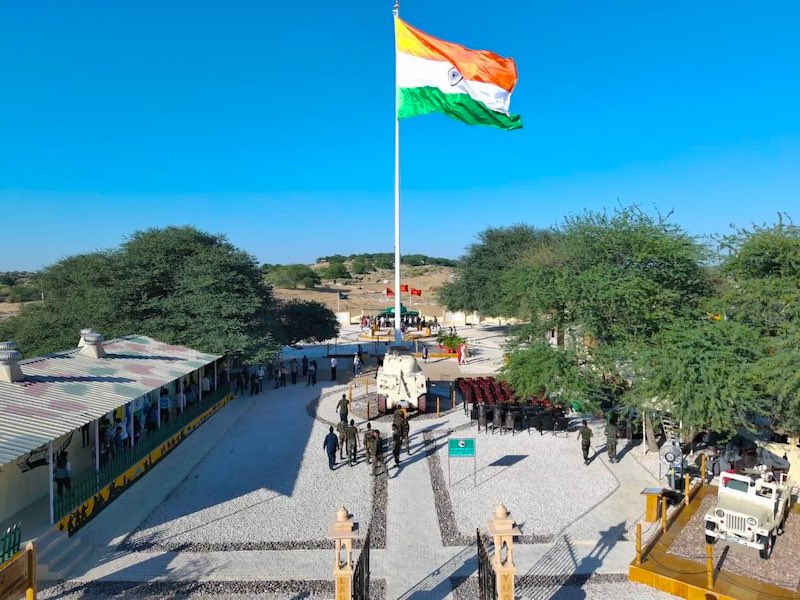 This video screengrab from Manipur’s Churachandpur district shows houses on fire after mob attacks.
This video screengrab from Manipur’s Churachandpur district shows houses on fire after mob attacks.
Imphal/Guwahati/New Delhi: The Army and the Assam Rifles have been ordered to step in and help the state police after the dispute between tribal groups and the majority Meitei community in Manipur over the latter’s demand for “scheduled tribe” status spiralled into deadly and widespread violence, on Wednesday. The severity of the violence prompted the Centre to evoke Article 355 of the Constitution and take charge of the state’s security.
The clashes between the tribal groups and the Meiteis erupted when the All-Tribal Students Union of Manipur took out a protest march after the Manipur high court directed the state government to submit its recommendation after considering the case of the Meiteis.
According to latest reports, nearly 10,000 people were displaced from their villages due to violent clashes, arson, and looting. Dozens of people have been injured in the clashes. There are also reports of some deaths due to the violence. The chief minister of Manipur, N Biren Singh, lamenting the situation, said, “Precious lives have been lost, besides damage of property of residents, which is very, very unfortunate.”
The state government has authorized the security forces, including the Army and the Assam Rifles to shoot at sight as a last resort to control the violence.
In a statement, on Thursday, the Army said the violence was brought under control. So far, it has evacuated over 7,500 civilians belonging to all communities from the violence-hit areas. Around 4,000 displaced people were given shelter in Army, Assam Rifles, and state government premises. It added that it was carrying out shifting of other displaced villagers to safer areas at several locations.
It said the Army and the Assam Rifles are relentlessly trying to restore law and order in the state. The Army also said flag marches are being conducted to keep the situation under control and reiterated its commitment to the state population’s well-being and safety.
What triggered the violence?
The Meitei people of Manipur are Manipur’s majority community. They account for almost around 65 per cent of the state’s population. However, they have been demanding that they are included in the country’s list of “scheduled tribes” for decades.
The Meiteis argue that the ST status would allow their community to preserve the unique identity and save their ancestral land, tradition, culture, and language.
In their high court plea, the Meiteis said their community was recognized as a tribe before the merger of the princely state of Manipur with the Union of India in 1949, after which it has lost its identity as a tribe.
Hearing their arguments, on April 19, the Manipur high court then directed the state government for its recommendations “preferably within four weeks” in the Meiteis’ case for granting them ST status.
The various other tribal groups in the state oppose the Meiteis’ demand for ST status. They argue that the Meiteis already dominate the population and the political landscape of the state. Apart from that, the Manipuri language of the Meiteis is included in the Constitution’s Eighth Schedule.
Additionally, some sections within the Meitei community are Hindus who are already categorized under scheduled castes (SCs) or other backward classes (OBCs), thus enabling them to avail various government concessions and opportunities. The non-Meitei tribal groups believe that granting the Meiteis ST status would be grave injustice to them as it would dilute their own SC status while benefiting a community that doesn’t really need it.


